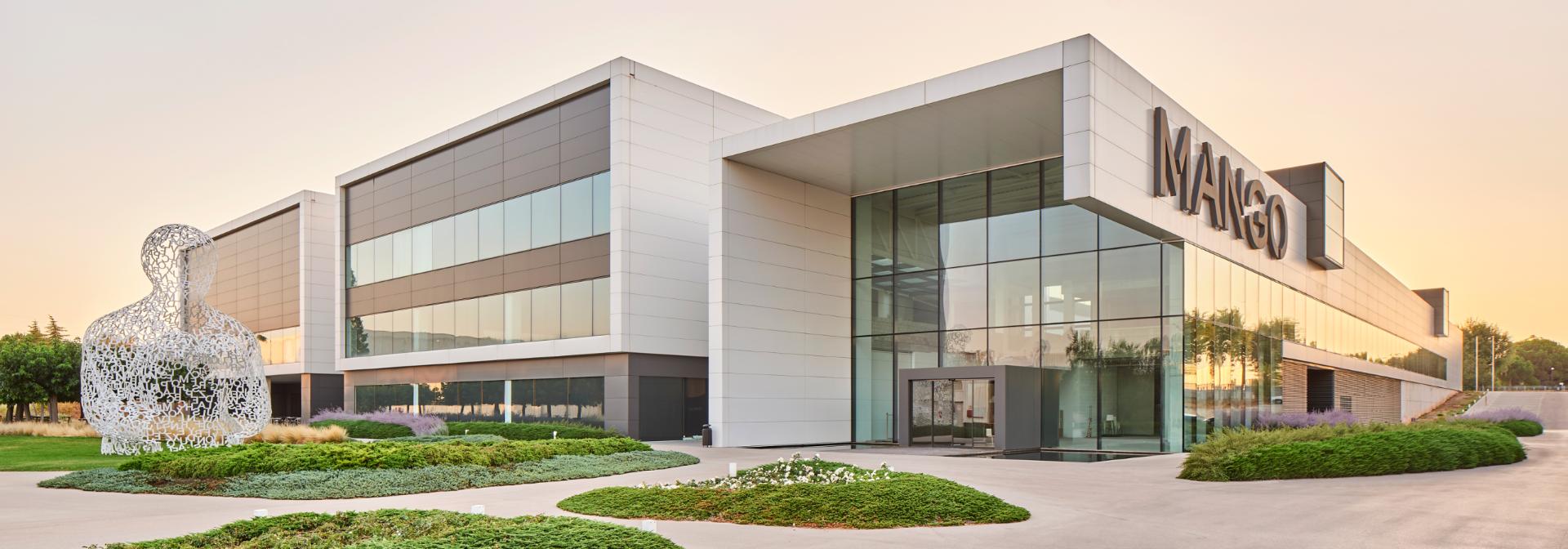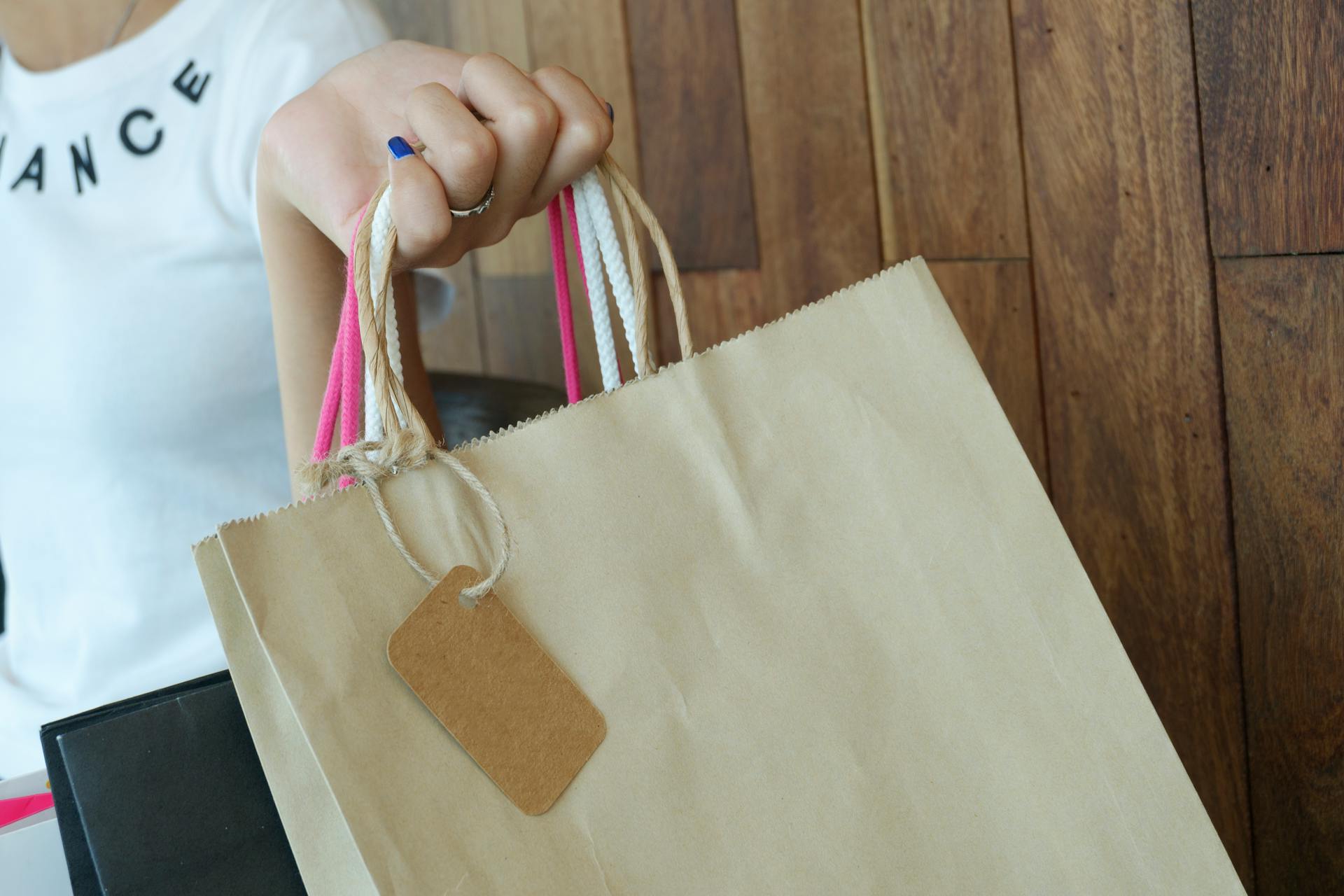Spanish fashion group, Mango, unveils a generative AI-created campaign for its youth line’s limited-edition collection. This initiative is an integral part of Mango’s Strategic Plan 2024-2026 which aims to create value with technological development, data management and operational excellence.

Mango Unveils Generative AI-created Campaign For A Limited Edition Collection. Image: Mango
“This initiative reflects our continued commitment to innovation and being on the cutting edge in the fashion world,” says Jordi Alex, Chief Information Technology Officer at Mango. “Artificial Intelligence is a technological revolution that presents great opportunities that should act as a co-pilot to extend the capabilities of our employees and further amplify our creativity. Because technology will either make us more human or it won’t.”
This technological advance is part of the Earn lever of Mango’s Strategic Plan 2024-2026, which was created to promote Mango’s differentiated value proposition, its commitment to innovation and sustainability, and increasing sales through the expansion of its store network and the growth of all its lines and channels. The Strategic Plan 2024-2026 also aspires to create value through technological development, data management and operational excellence.
The Spanish fashion group’s internal teams collaborated on the campaign creation, including Mango Teen’s design, art and styling, dataset and AI model training, and photography studio. The process began with real photographs of the collection following which a generative AI model was trained to learn how to create images. The biggest challenge, however, was achieving high quality images suitable for a fashion campaign while maintaining characteristics of the garment and the model. Once these images were generated with AI, the art team selected, retouched, edited and mastered them.
Mango’s commitment to innovation and technology
The pace of creativity and digital innovation is rapidly increasing in fashion and there is a race among entrepreneurs and fashion brands to innovate and stay ahead of the curve in this fast -paced industry. Mango’s strategy of continual innovation has helped the company become one of the leading groups in the European fashion industry. From the creation of a differentiated business model to brand communication with celebrities of the moment or its commitment to digital transformation, the Spanish fashion group has always showcased commitment to advancement in the fashion industry.
Since 2018, Mango has developed over fifteen machine learning platforms that apply AI in different parts of its value chain, such as pricing and personalisation. Among the most notable is the internal conversational generative AI platform to address use cases of its employees and partners. Mango also uses an image generative AI platform to help the company’s design and product team to co-create prints, fabrics and garments and seek inspiration for window dressing, architecture and interior design. Other noteworthy platforms include the pricing policy on mango.com and in the retail store chain; the product recommendation platform for customers; as well as its presence in more than sixty countries and in more than twenty languages to improve customer service.
Mango Start-Up Studio, the fashion start-up accelerator created by the company, fosters innovation at Mango, detects growth opportunities and participates in the development of new technologies or business models. To achieve this, Mango StartUp Studio is looking for companies and ideas at the development stage in order to make seed-capital investments that contribute innovation to the fashion industry value chain and improve the customer experience. Technology and sustainability are two areas of priority interest for the accelerator, in addition to all the links in the value chain, from product creation and sourcing to distribution.
In January 2024, Mango underscored its commitment to digital innovation by joining Roblox, the global immersive communication and connection platform with over seventy million daily active users. The company opened its first immersive store on the platform, located in the virtual Outfit Shopping Mall, where users can buy Mango Teen digital clothing and products for their avatars. The move reflects Mango’s vision of providing differentiated experiences, products and services across physical, digital and virtual realms.
Mango reports strong six-month financial results

Mango reports strong financial results. Image Source: Mango
Founded in Barcelona in 1984, Mango continues its upward trajectory with strong first half financial results, closing the first six months of the year with the highest revenue in its forty-year history, in excess of 1.543 billion euros. This represents a 6.3 per cent increase over the same period last year.
“In a very competitive environment, the company has achieved the best six months in its history, with growth above the market average. The excellent performance in revenue during the first half of the year reinforces our commitment to our value proposition, our business model and the international expansion plan with which we want to continue to inspire the world with our passion for fashion” points out Toni Ruiz, CEO of Mango.
The company attributes the group’s strong financial results to positive reception of its collections, its excellent customer service and cross-departmental policy of sustainability. Mango Man, which recorded strong growth of more than 21 per cent, and Mango Kids and Teen, which grew by more than 11 per cent during the period, are noteworthy. Woman remains the driving force of the group’s business, with a growth of 4 per cent, achieving its highest revenue in the history of the company in a six-month period and representing 79 per cent of the total revenue.
During the first half of the year, the company continued its expansion of the physical channel, with 57 net store openings, to reach a total of 2,743 stores worldwide at the end of June, 1,725 of which are company-owned and franchised stores and 1,018 are corners. The company’s goal for the second half of the year is to continue to grow its store network and exceed 2,800 stores by the year-end.
Jasmeen Dugal is Associate Editor at FashionABC, contributing her insights on fashion, technology, and sustainability. She brings with herself more than two decades of editorial experience, working for national newspapers and luxury magazines in India.
Jasmeen Dugal has worked with exchange4media as a senior writer contributing articles on the country’s advertising and marketing movements, and then with Condenast India as Net Editor where she helmed Vogue India’s official website in terms of design, layout and daily content. Besides this, she is also an entrepreneur running her own luxury portal, Explosivefashion, which highlights the latest in luxury fashion and hospitality.








